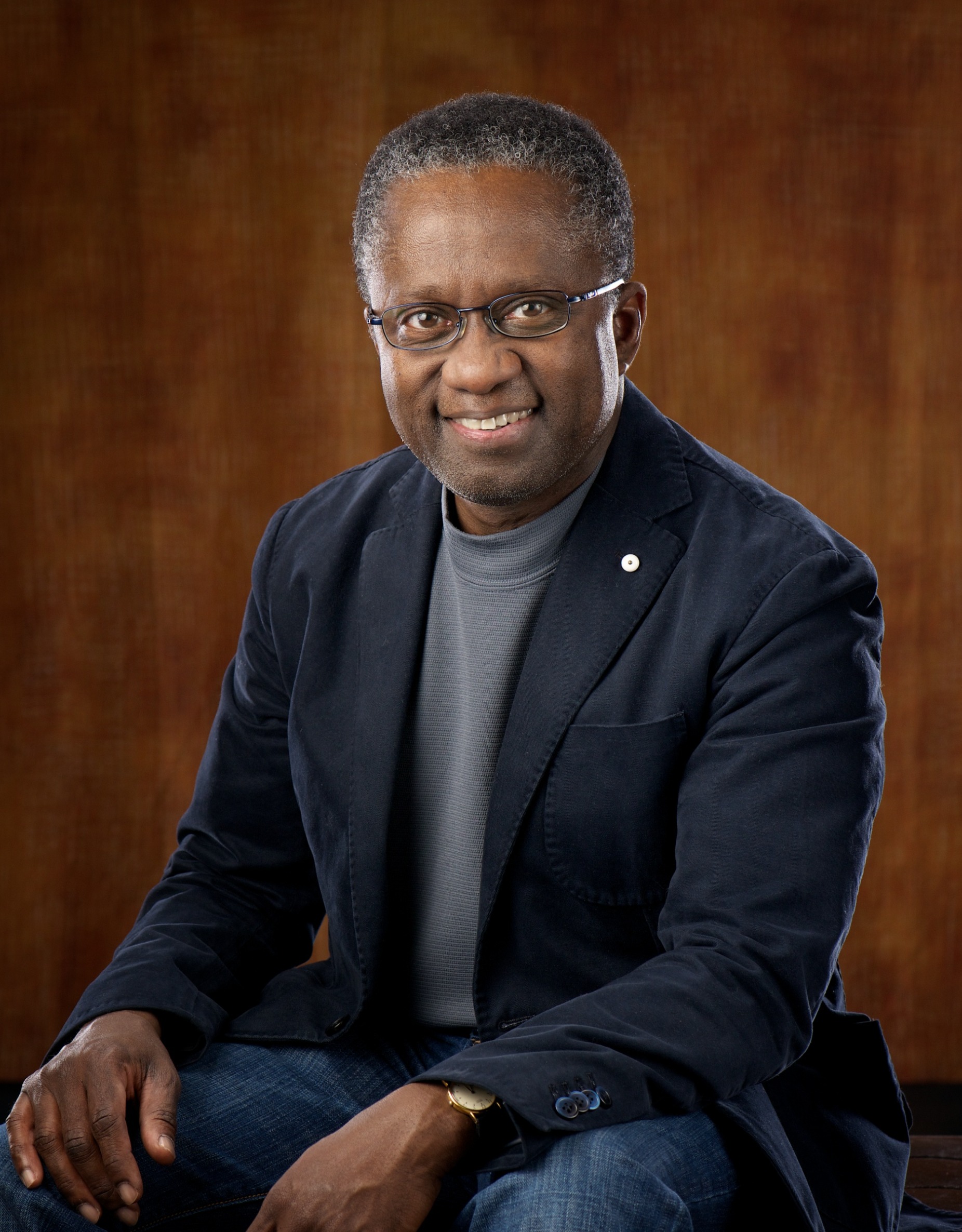The Future of Work: Blending AI, Entrepreneurship, and Traditional Careers
- RenwickRocks

- Feb 24, 2025
- 3 min read
"It is not the strongest of the species that survives, nor the most intelligent—it is the one most adaptable to change." – Charles Darwin
Today. more than ever before, career stability is a myth. As many workers are recognizing with breakneck speed, success doesn’t come from sticking to one path—it comes from learning how to pivot, adapt, and position yourself for new opportunities.

Photos Courtesy of Wix Media
In a candid conversation I had with a friend recently, we unpacked the challenges of freelancing, job searching, and leveraging AI for career growth. Our discussion progressed from his desire to find work to the importance of strategically positioning for the future of work itself.
Because in a world of automation, entrepreneurship, and economic uncertainty, the ability to adapt is the greatest skill of all.
Step One: The Balancing Act – Job Stability vs. Freelance Freedom
"Do not put all your eggs in one basket." – Warren Buffett
My friend shared his two-pronged strategy:
“I’ve been reaching out to clients and securing freelance work, but I’m also looking at part-time jobs for stability.”
This is a smart move in today’s gig economy. The best career strategies combine flexibility with financial security:
Freelancing allows you to build your own brand and income streams.
A part-time job provides stability and networking opportunities.
Combining both hedges against financial risk.
This is what best-selling author Tim Ferriss calls the “Hybrid Model” in The 4-Hour Workweek—using traditional income sources to fund entrepreneurial ventures.
The lesson? Success isn’t choosing one or the other—it’s building a strategy that works for you.
Step Two: AI as a Career Accelerator – A Tool, Not a Replacement
"The future belongs to those who learn more skills and combine them in creative ways." – Robert Greene, Mastery
Here again, my friend highlighted an unexpected insight from his use of AI:
“I fed all my ChatGPT conversations into a custom AI model, and it told me: ‘You’re using AI too much for understanding, not enough for action.’”
This was a wake-up call.
AI is a powerful tool for automation, research, and optimization, but it can’t replace execution.
AI can generate job applications—but YOU must follow up.
AI can suggest strategies—but YOU must take action.
AI can optimize tasks—but YOU must make decisions.
This aligns with Elon Musk’s perspective on AI—it’s a tool that enhances human potential, but it can’t replace initiative, creativity, or emotional intelligence.
The key? Use AI as an assistant, not a crutch.
Step Three: Positioning Yourself in a Competitive Market
"It’s not about being the best. It’s about being the only." – Jerry Garcia
One of my friend's biggest realizations was that his AI marketing expertise is now in demand:
“Six months ago, AI marketing roles didn’t even exist. Now, companies are looking for people with this experience—and I have an edge.”
This is a golden opportunity.
In every industry, there are emerging skills that few people have mastered yet. The key to standing out is to:
Identify fast-growing skill areas (like AI, automation, or data analytics).
Position yourself as an early expert before the market is saturated.
Use social proof (LinkedIn, testimonials, content) to showcase your expertise.
This is the same strategy that Gary Vaynerchuk preaches—find what’s new, master it early, and become the go-to authority.
The takeaway? Your biggest career advantage is being ahead of the curve.
The Future of Work is Here
"The best way to predict the future is to create it." – Peter Drucker
The conversation with my friend revealed a powerful blueprint for navigating career changes:
Balance freelancing and stable income for financial security.
Use AI to enhance, not replace, your execution.
Position yourself in fast-growing markets before they become crowded.
Because the future of work doesn’t belong to the smartest or the luckiest. It belongs to those who see what’s coming—and take action before everyone else does.



Comments